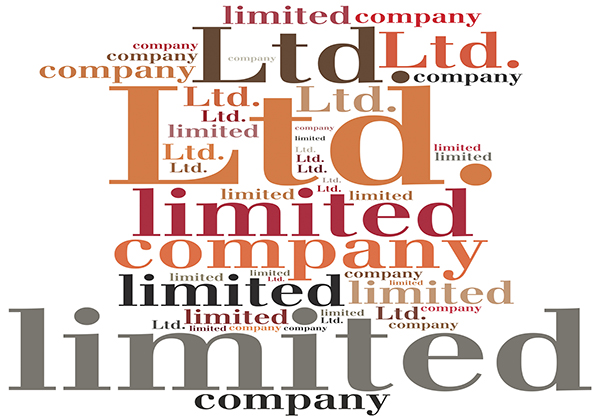 Before we start to discuss the differences between IBC and LLC, we need to define what is an LLC.
Before we start to discuss the differences between IBC and LLC, we need to define what is an LLC.
LLC protects its members from personal liability for the obligations and debts of the entity they are conducting business through. However, the income and expense flow directly through to the individual members. Typically, an LLC enters into an operating agreement which states how the members relate to and how the company is run. While the company is liable for its operating debts, the members are not liable for any of the LLC’s obligations.
Now, let us examine the characteristic of an IBC:
- The privacy of shareholders and directors are protected in most of the case. Hence, their names will not appear in public record;
- No corporate tax as long as no economic activity is conducted in the offshore territory;
- Shareholding is usually determined by the amount of capital contributed by shareholders.
- Low cost of incorporation;
- Same person can act as shareholder and director and;
- No audit is required, only need to keep a record.
The characteristic of an LLC:
- Only company name is available in public record;
- Members and directors' names are not in public record;
- No tax at corporate level can be optional but tax is "pass through" to member;
- May need to file annual return;
- No such thing as shareholding, the share of profit is to determine under the operating agreement;
- Low cost of incorporation and;
- 1 person can form an LLC.
Which jurisdictions have LLC?
- Anguilla;
- Belize;
- Delaware;
- Panama.
How do we benefit from LLC?
 Normally, when we establish a business, we will determine the shareholding using IBC and each shareholding will be determined by the amount of capital contributed by each shareholder. But LLC can be a flexible arrangement. Some shareholders will contribute funds and some shareholders will provide the know-how. The members can work out an arrangement between themselves in how to distribute their profit, not limited by the amount of capital provided. At the same time, the tax pass through feature allows each shareholder to take care of their own tax themselves. If we have an IBC which acts as a member of an LLC, the pass-through feature means that the tax rate can be zero if the IBC has no corporate tax.
Normally, when we establish a business, we will determine the shareholding using IBC and each shareholding will be determined by the amount of capital contributed by each shareholder. But LLC can be a flexible arrangement. Some shareholders will contribute funds and some shareholders will provide the know-how. The members can work out an arrangement between themselves in how to distribute their profit, not limited by the amount of capital provided. At the same time, the tax pass through feature allows each shareholder to take care of their own tax themselves. If we have an IBC which acts as a member of an LLC, the pass-through feature means that the tax rate can be zero if the IBC has no corporate tax.